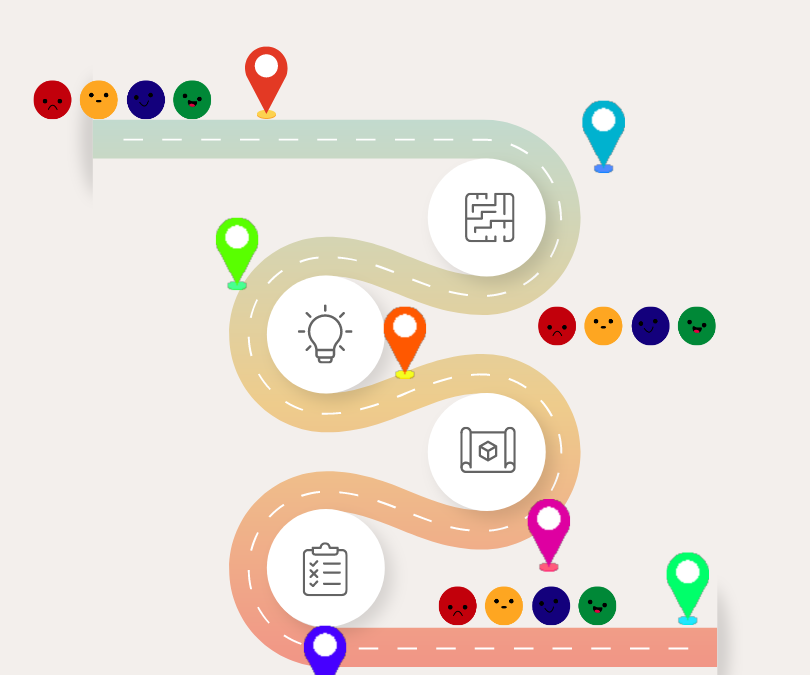I’ve had a health scare recently and have noticed myself doing things about “the future”. Thinking this far ahead is new to me. I typically struggle to hold in mind the idea that there is a vacation scheduled 6 months from now. So, as I reflect on this, I’ve decided to simply embrace it and say some things here that I want to make sure get said. Think of this as my manifesto for your teens. Take what is useful, pass on what doesn’t fit.
- I know that I got the best my mother had to offer in my infancy, but those conditions eroded abruptly as her alcoholism and my dad’s mental illness took center stage.
- I can now credit those early months with my resilience and optimism
- I was very fortunate to have a few adults in my life who treated me with respect and gave me the support or encouragement I needed at various times in my life. Thank you, Claudie when I was 6, Buford Lewis when I was 11, Francis Moore when I was 17, and Garth Blackham when I was 40.
- Survivor guilt plagued me in my young adulthood as I watched my sisters’ lives take sad, destructive turns to a variety of addictions.
- The erosion of my parents’ functioning was a source of great confusion and anger for me as a teen and I faced adulthood doubting my ability to navigate it effectively without adult guidance.
- 72 years later, I still have to be alert when even vague feelings of abandonment send me out for an ice cream cone (my addiction of choice) to soothe myself. Some lessons just want to hang on even when not in our best interest.
- My career is some sort of amazing reflection of my weird life’s experience
- In childhood, I hoped someone would come along and rescue me from my life at home. When that didn’t happen, I rescued myself by doing the work that kept me in a familiar environment during the day (people in crisis who were unpredictable and frightened/frightening) but let me go home to the haven I had created for myself.
- I’m great in a crisis
- I listen well
- I meet people easily
- I’m sincere in my interest about you
- I know that NO ONE has all the answers. Especially those who pretend to
- I’m comfortable making decisions based on the information available
- Sometimes thinking/learning about new stuff/people is a way to avoid my own feelings
- My capacity for empathy and patience fluctuates according to:
- How well I slept last night
- How stressed I was 30 minutes ago
- How effectively my digestive tract is functioning
- How well you are listening to what I am saying. That’s you, customer service rep.
- I struggle with putting my needs before those of others.
- I am vulnerable to selfish, manipulative people. Life with an addict was the perfect training ground for life with such people.
- I tend to push through even when I REALLY need a break.
- I am vulnerable to flattery. I don’t need to be needed. I need to feel competent. Tell me I’m competent and I’ll do anything you ask
- I’m vulnerable to caregiving, one-way relationships. Professionally, fine, but personally, not fine.
- It takes a LOT for me to give up on a person and decide to protect myself from them. I forgive easily; sometimes too easily.
- I used to be terrible at asking for help. Things I’ve told myself over the years:
- I’ve done it alone for so long
- I “should” know how already
- I bet others don’t ask either
- I’ll be embarrassed to ask
- They’ll think I’m stupid if I ask
- Now I just ask and let the other person feel competent!
- I’m not great at developing friendships
- Long ago I was described as a “low maintenance” friend
- Once I love you, I just trust that that will remain stable without the attention that such connections require to thrive. I wonder if this stems from moving so much when I was little. Before the internet…
- I’m terrible at small talk; what that same friend called “tea towel” conversations. Terrible. Big waste of time. Except weather. I love talking about weather
- I am insatiably curious
- I love a good rabbit hole. A true generalist.
- My little bit of knowledge makes me great at those non tea towel conversations
- I’m a great listener
- I love discovering new ways of looking at things. It doesn’t threaten me, but I might just decide to change what I do. When I found out that 75% of the fish intended for the hobbyist’s market die before ever getting to the store, I quit keeping an aquarium.
- I’m lucky to have been born Caucasian, reasonably attractive and smart enough to survive the American educational system.
- Males in power typically welcome attractive females into the workplace
- In my youth I had to be careful about what else male attention might bring
- My encounters with persons of color (thank you Claudia and Buford Lewis) blessed me with resistance to the biases communicated by the cultural waters in which I swam
- My intelligence has rarely alerted me to how to navigate in a hostile environment. Better to just leave it if I can even see it.
- I hope race relations continue to improve. We can do better.
- I am honest
- When I mess up
- When you ask me a question but I’m glad to find an answer if I don’t know
- But sometimes too hard on myself when I mess up
- The world I faced as a teen on the cusp of adulthood was VERY different than the one faced by teens today.
- The ability to work collaboratively still usually matters more than the work itself
- Technology changes but humanity (homo sapiens) is pretty predictable if only at a distance. It is harder to see through intentional misdirection, though. That’s you, Internet!
- Cruel people will take advantage of anyone willing to be bossed around
- The drug dealer is everyone’s “friend”
- The drugs out there and the culture surrounding them is something to know a lot about, not pretend isn’t there
- Upon entering adulthood, we are new and free of the slots high school plugged us into. Thank goodness!
What does this have to do with foster/kinship/adoptive parenting? I don’t know for sure, but I encourage you to read and discuss it with your teen/young adult. I’ve had some experiences lately with a group of 20+-year-olds that have led me to the conclusion that such intergenerational conversations are valuable. I only hope the conversation that ensues with your teen gives you a window into one another and what your teen needs from you in the next few years. Remember: their brains don’t settle in until about age 25. That’s 7 whole years after legal responsibilities are established. Neither of you should make any decisions about one another for those 7 years. Trial and error learning is not just for little ones; it’s how we all learn to solve problems. Even the problems we create for ourselves. Then the task of forgiving one another for perceived failures begins so the relationship can endure, adult to adult.
Peace,
Cathy
NEWS
- Check out the AZAFAP Event Calendar at https://azafap.gnosishosting.net/Events/Calendar.
- Our Friday night Happy Hour and Tuesday afternoon Coffee Chat continue. We’ve also added Wednesday R&R at 10 AM. Some find the facilitator (me, Nancy, or Michelle) and a single other participant; others find a conversation among 4 to 6 people. The topics range from the silly to what hobbies have us in their grip to what life has thrown in our path. If you ever find yourself wanting a bit of grown-up conversation, consider joining us (check your email for the unchanging link).
- Parent Mentor Partners: AZAFAP has trained volunteer parents as mentors who are ready to help support foster, kinship, and adoptive parents through one-to-one conversations. Interested? Fill out the form at https://www.azafap.org/family-support-services/
- Caring for Caregivers, funded by a grant from Blue Cross/Blue Shield, offers counseling services to AZAFAP members who don’t have insurance to cover such services. Apply at https://www.azafap.org/family-support-services
- I encourage you to check out what Dr. Bruce Perry has to offer. Find his thoughts at https://youtu.be/uOsgDkeH52o?t=3 and at https://www.childtrauma.org/trauma-ptsd
Thanks for listening. Take care of yourself so you can be there reliably for others.
Cathy (cathyt@azafap.org)


Recent Comments